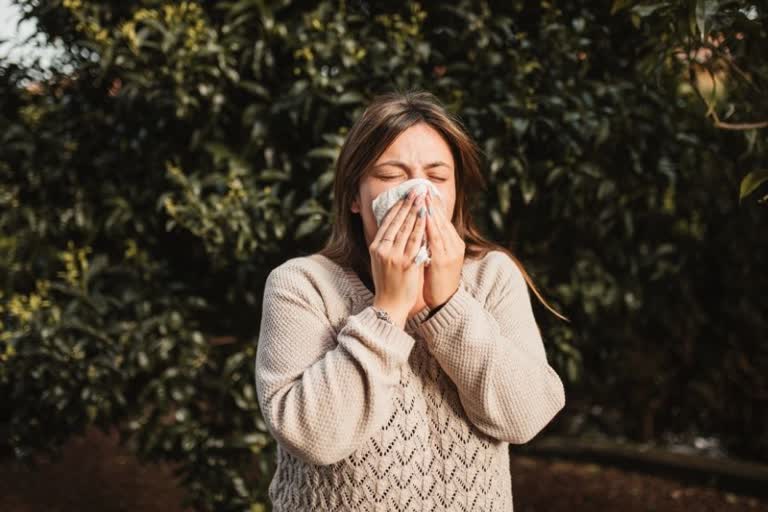Most of the states in India are still enjoying the winter season or a gradual change in the weather as the winters are about to end. Such weather makes a person more likely to catch a cold and cough. But, amidst the spread of the Omicron variant of Covid, which has similar symptoms as that of the common cold and cough, people need to understand the difference and get treatment accordingly.
COVID is typically identified by symptoms, including cough, loss of taste and smell, fatigue, breathlessness and high fever. But, if we talk about the new Covid Omicron, according to the Centre for Disease Control and Prevention, the main symptoms are runny nose, persistent cough, fatigue and congestion. Besides this, an app named Zoe found in its study that nausea and loss of appetite were two new symptoms of the variant. Other symptoms being reported include sore throat, body ache, night sweats and sneezing.
These symptoms of omicron can often be confused with those of common cold and cough, since sore throat and runny nose, followed by cough, sneeze and headache are the signs of the latter. The symptoms are so similar since the virus in both conditions affects the upper respiratory system.
Although the symptoms may be misleading, experts say that the intensity of the symptoms is more if a person is suffering from Omicron. However, if you still are confused, get yourself tested for the virus, to obtain proper treatment. Meanwhile, Australian experts recommend increasing water intake and assuring proper bed rest in order to recover from Covid at home.
Reports till now have shown that Omicron does not cause severe infection, particularly in those who have been vaccinated, as compared to the previous variants, but in a recent statement, the World Health Organisation (WHO) epidemiologist Dr Maria Van Kerkhove said in her tweet, “Omicron is not the common cold. While some reports show a reduced risk of hospitalisation of Omicron compared to Delta, there are still far too many people infected, in the hospital sick and dying from Omicron (and Delta).”
Furthermore, WHO's chief scientist Dr Soumya Swaminathan, too, on Twitter emphasised "Omicron is not the common cold! Health systems can get overwhelmed”. It is "important to have systems to test, advise and monitor a large number of patients as the surge can be sudden and huge," she warned.
Although being known as a mild infection, people need to be vigilant as deaths have been reported due to Omicron in some countries. Health authorities are advising people to stay home and follow all the precautions as a rapid rise can be seen in the number of cases.
Also Read: How heavily mutated Omicron variant is spreading so fast, sparing lungs



